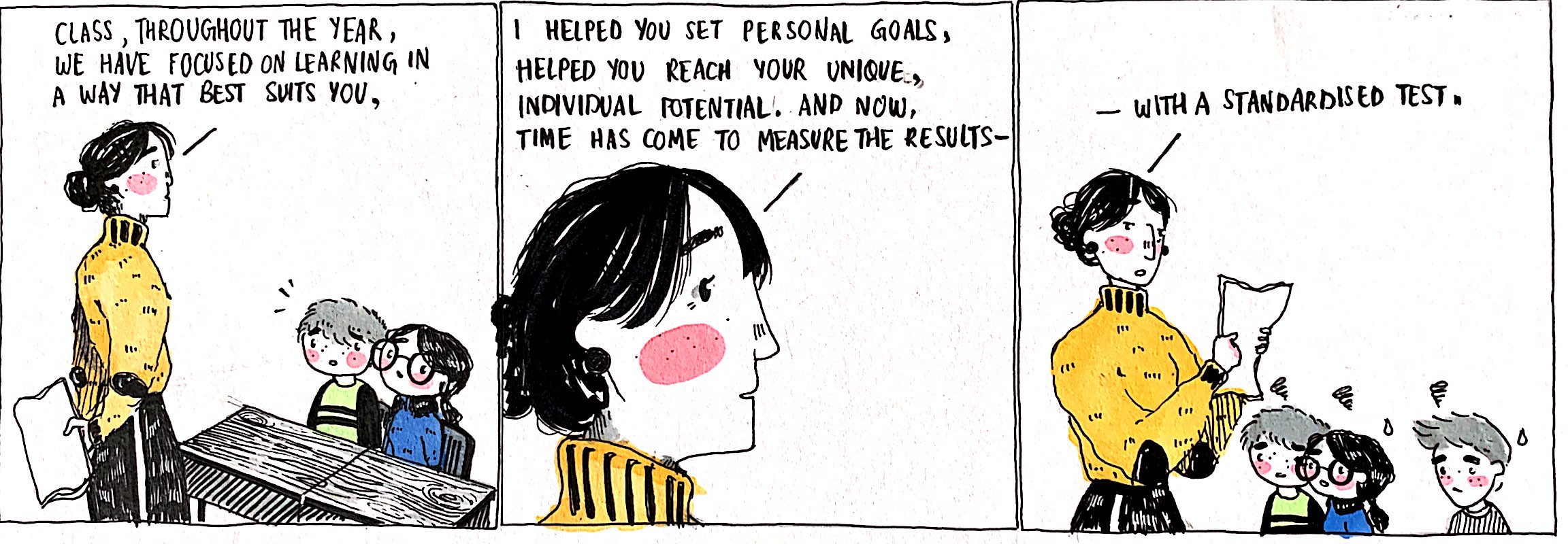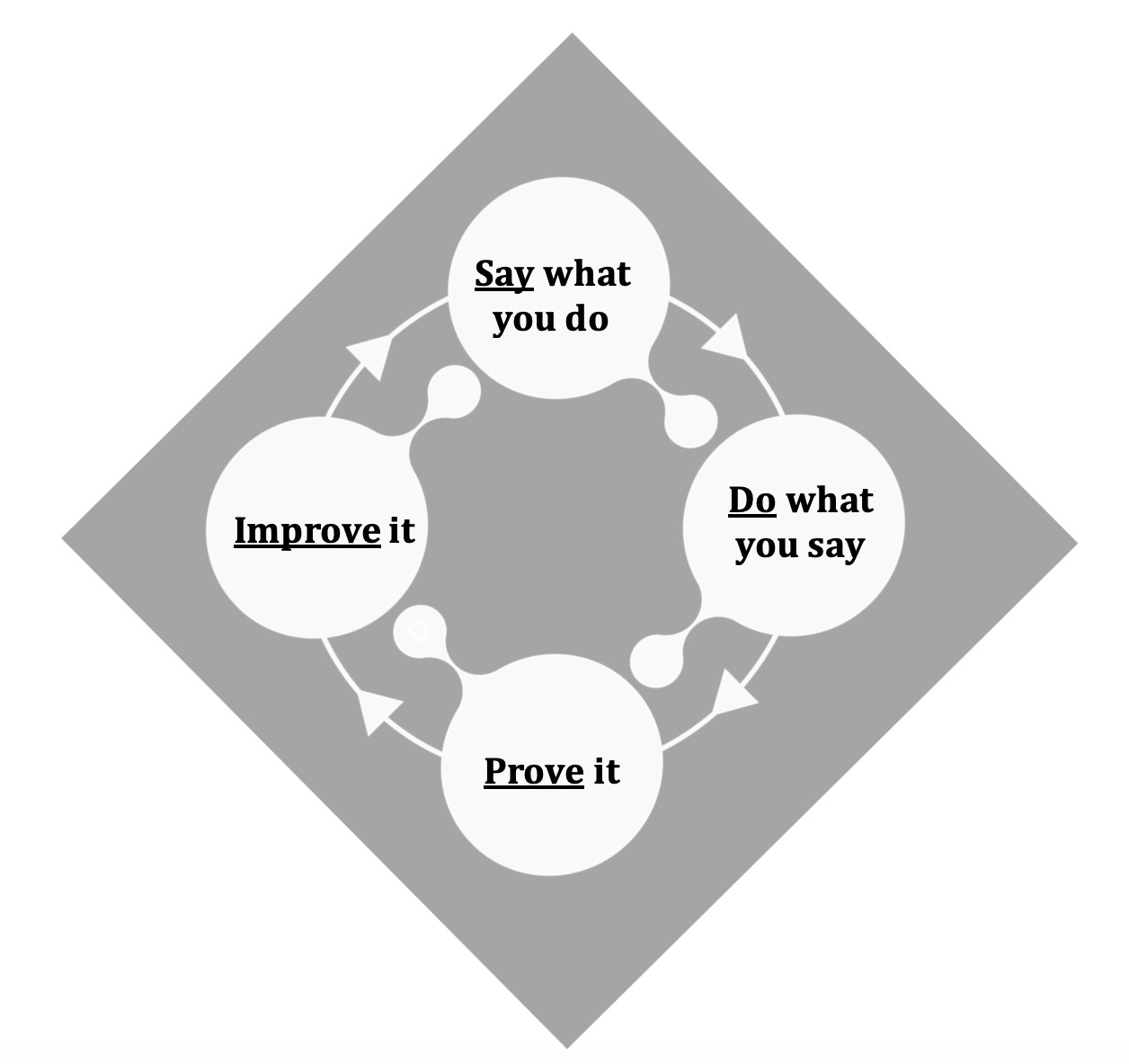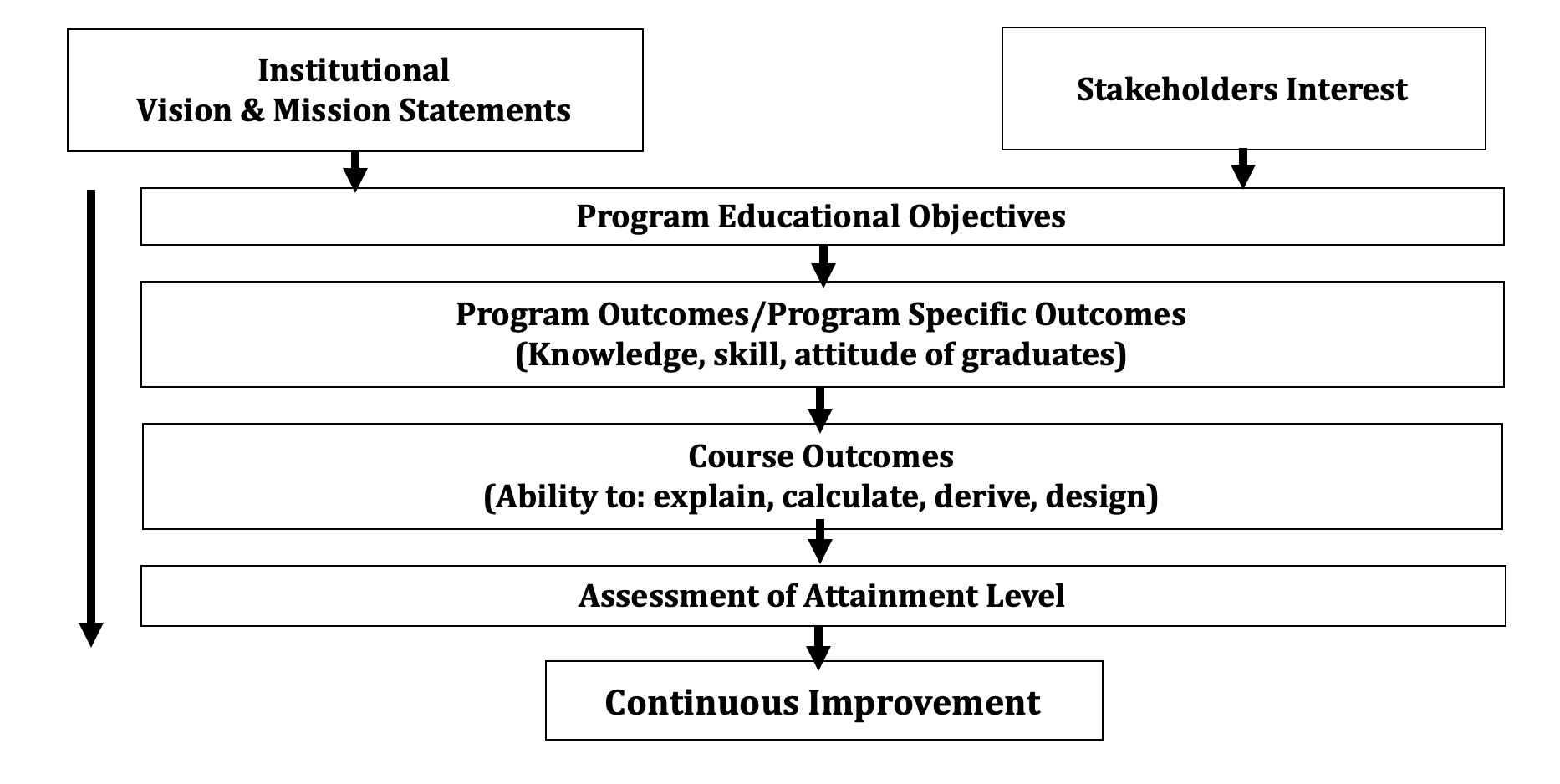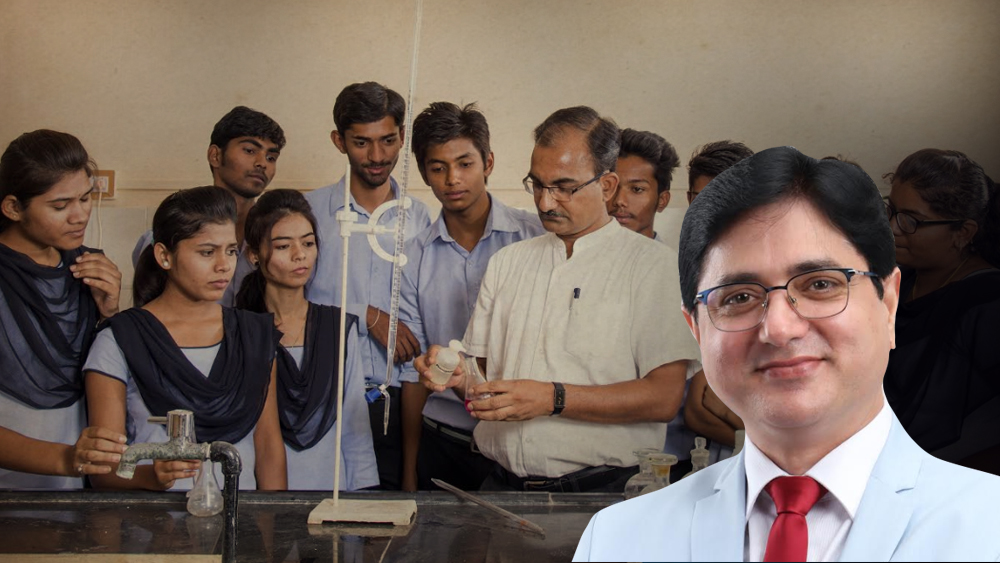Change has become a new constant - as we move forward, the traditional education system loses its relevance rapidly. Skill sets in demand are reforming as new jobs surface in the market - coupled with technological advancement, it puts the threat of obsoletion on the current work-force.
Therefore, it is the need of the hour which requires educational institutions to refocus their agendas. The world now needs no absolute experts in particular, narrow domains - it calls for graduates who are nimble and adaptive and capable of coping with the ever-changing demands of the industry. It calls for life-long learners and it calls for a paradigm shift in the way we impart knowledge.
Now more than ever, it is imperative for these institutions to shift from the traditional education system to Outcome Based Education (OBE) system.
Traditional education focuses too much on what they teach rather than what their students learn - OBE, on the other hand, emphasises learner-centric approach. It focuses on the real-world relevance of education - what the student takes away at the end of a session or a course is more important than what or how something is taught. OBE is a progressive model that involves the restructuring of curriculum, pedagogy and assessment practices to reflect the achievement of high-order learning rather than mere accumulation of course credits.
Traditional Education System and its deficiencies

A traditional education system relies on rigidity and standardised structure - students assemble under a roof at a particular time to be instructed by a teacher. After completion of a lecture, the learners discuss with peers or ask the teacher for clearing their doubts. That is to say, the knowledge gained - or the effectiveness of the education system - largely depends on the ability of the teacher and the knowledge level of the peers.
The traditional system considers mostly the input part of the learning process and have many deficiencies:
- A rigidly defined curricula that may not include stakeholder participation
- Focus on achieving grade points or marks rather than knowledge, skill or attitude
- Gap between formal education and career-oriented skill set
- Little emphasis on learning attributes like collaborative teamwork and other soft skills
- Objectives, activities and assessment not appropriately aligned
- Lack of Assessment of competencies and work for further improvement
This system is rather static and teacher-centric - mostly resulting in disinterested, passive listeners in a classroom. It’s a generalised approach that takes away the spark of interest that attracted these students in the first place. Not only does it often fail to acknowledge the fact that students have individualised incentives - it also fails to take into account their personal and unique talents and pace. In turn, these students spend more time and effort in studying something they are neither good at nor interested in.
This system tends to take away the credibility of education for building strong future careers.
Outcomes Based Education (OBE)
As the name suggests, Outcomes Based Education (OBE) is an education system based on outcomes. It focuses mainly on what knowledge/skill set students acquire following the completion of a session or a course. OBE is a comprehensive approach to articulating a curriculum that is focused on successful demonstrations of learning by each learner. Activities in or outside classrooms are designed in a manner that help students to achieve these outcomes. Under OBE, credit is assigned when the student achieves a stated outcome. OBE does not endorse grading exercises on the basis of a class average.
Advantages of OBE includes:
-
Focused at achieving specified outcomes in terms of individual student learning
-
More directed or coherent Curriculum designed to achieve competencies or qualities and the process involves major stakeholders
-
Outcomes - key things students should understand and be able to do or the competencies they should develop
-
Educational structures and curriculum are regarded as means not ends. If they do not do the job they are considered for improvement (Continuous Quality Improvement (CQI)).
-
Graduates are more relevant to industries they work for (well-rounded graduates).

Focused at achieving specified outcomes in terms of individual student learning
More directed or coherent Curriculum designed to achieve competencies or qualities and the process involves major stakeholders
Outcomes - key things students should understand and be able to do or the competencies they should develop
Educational structures and curriculum are regarded as means not ends. If they do not do the job they are considered for improvement (Continuous Quality Improvement (CQI)).
Graduates are more relevant to industries they work for (well-rounded graduates).

OBE philosophy
The Shift to OBE
The aim of our education system is to prepare learners for life. The focus of outcome-based approach is as much on the process of learning and the final outcome or result, as on the knowledge, skill and attitude. For any education system to be successful, we need excellence in its three components – content, pedagogy and assessment – and continuous improvement strategy is the key to success. OBE requires a mind shift in the curriculum process in addition to delivery and evaluation approach in a way that empowers learners for achievement of the outcomes.
OBE addresses the following key questions: What do we want the students to have or be able to do (curriculum)?, How can we best help students achieve it (pedagogy)?, How will we know whether they students have achieved it (assessment)? And how do we close the loop for further improvement (Continuous Quality Improvement, CQI)? OBE facilitates a shift from traditional ways of measuring input and process to include measuring the outcome as per targets set.
The system ensures that graduates become lifelong learners.

All courses of an academic program will have specific course outcomes (COs). These COs are mapped to the program outcomes (POs) and in turn mapped to the programme educational objectives (PEOs). Suitable assessment methods need to be chosen, depending on the expected course outcomes. The outcomes measured at all levels undergo a process of continuous quality improvement (CQI).
Final words
As we come to terms with the fact that the educational landscape is changing, we must realise how it translates into real world challenges. More than half of current school children would be entering into jobs that do not exist today - the digital disruption in both manufacturing and service sectors is transforming the job market.
The world at large stands at the threshold of an over-all evolution in the meaning of education - it is a tool to make our generation equipped to face an increasingly globalised world. We can expect a growth in students (traditional or otherwise) seeking to acquire new skills to further propel their careers. This implies increased demands in vocational training with flexible degrees and competency-based programmes. Teachers remain to be disseminators of knowledge, but with technological intervention, they might become facilitators.
Hence, Outcome Based Education (OBE) is the new strategy to accommodate these changes. The services and results attained by the student are the most significant aspect of education. Contrary to the mark/grade based educational system, it does not depend on the conformist instruction approaches. OBE makes it imperative that institutions and teachers alike change and improve their ways of instruction and assessment.
After all, education is not about teaching - it is about what the students learn.
The author is Vice Chancellor of Adamas University, Kolkata.










